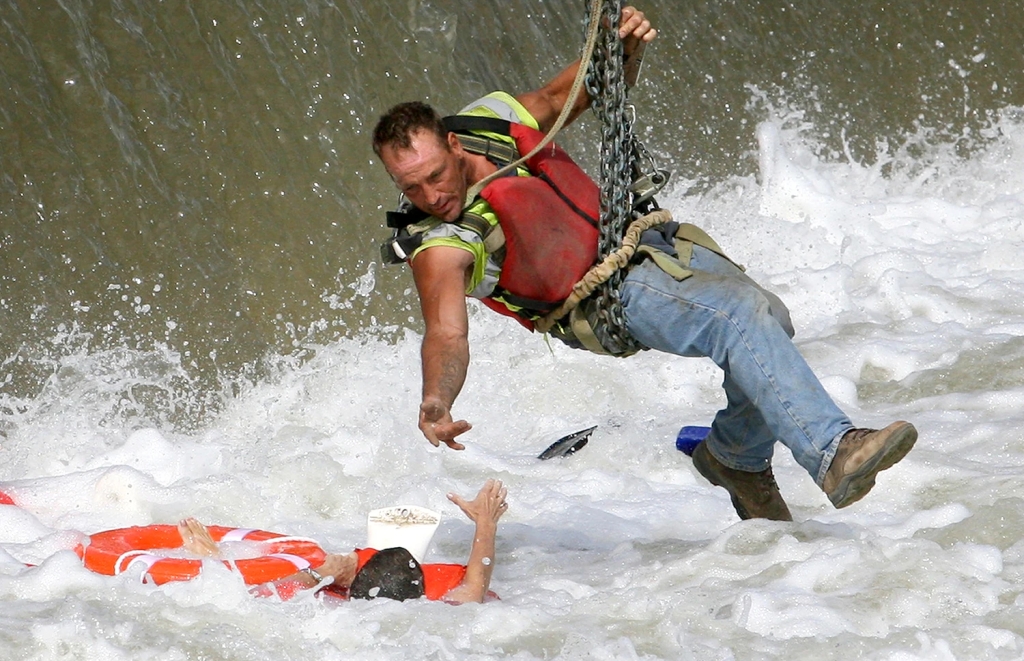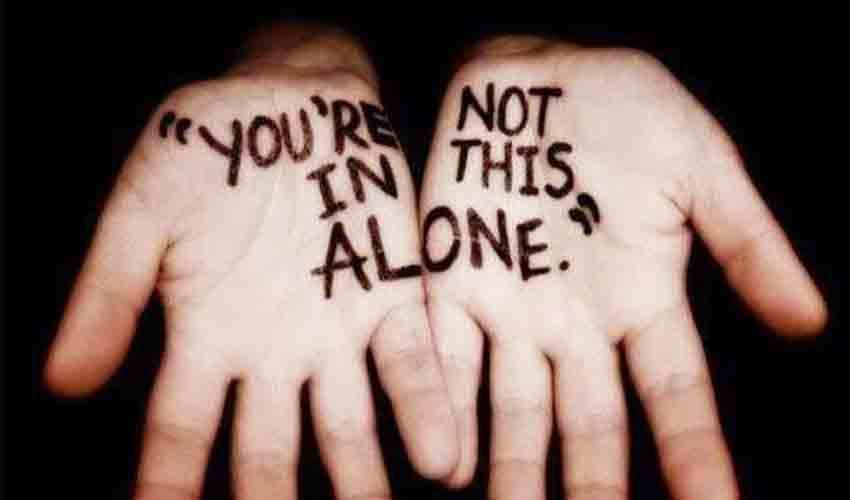
It had taken me a long time to get through Frank’s* door. He had cared for his brother at his home until his symptoms became unmanageable and he had to go to a skilled nursing facility. He wasn’t on service for long though, as after his admission he died within a short time. Prior to this, we hadn’t had much contact with Frank. He wasn’t making medical decisions for his brother, and he often came across as gruff and reserved over the phone. He had declined a chaplain for support as well as our social worker. However, after the death our staff raised concerns about Frank, given how close he and his brother were and his own health problems.
Continue reading


 I had a request from one of the facilities we serve to visit one of their residents. This man had some tremendous losses in the past year. His wife, who had dementia, had died rather suddenly some months ago. He also had a stroke which affected his speech and mobility, requiring him to move in to the facility as well. I spoke with his daughter before visiting and she spoke of how concerned she was for him, saying he had talked with his physical therapists about how depressed he was.
I had a request from one of the facilities we serve to visit one of their residents. This man had some tremendous losses in the past year. His wife, who had dementia, had died rather suddenly some months ago. He also had a stroke which affected his speech and mobility, requiring him to move in to the facility as well. I spoke with his daughter before visiting and she spoke of how concerned she was for him, saying he had talked with his physical therapists about how depressed he was. 



